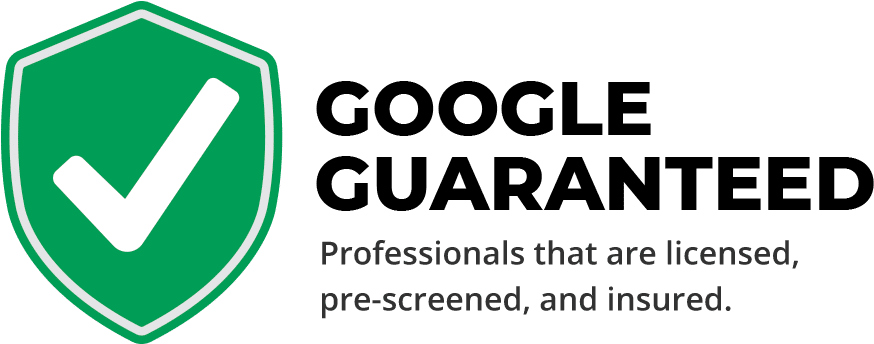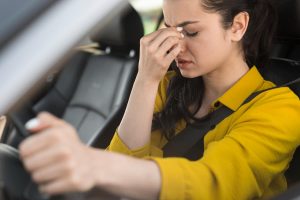Sending a Text Message while Driving can be your Last
We live in a world where cell phones dictate the lives of most — fingers are fastidiously sending one text message after the other, scrolling through social media, and Googling every piece of information imaginable.
Sure, these things happen a lot while people are doing mundane activities such as laying in bed and relaxing on the couch, or perhaps even while sitting at their desks during work hours. The one place it’s still happening, although it shouldn’t? Behind the wheel.
And that has ‘accident’ written all over it. You can contact our car accident attorney Fort Lauderdale if you injured in a car accident.
Distracted driving, such as texting while driving, is a leading factor in the occurrence of car accidents. In fact, a car crash is 23 times more likely to happen when a person is texting and driving. Our team of auto accident attorneys at South Florida law firm, Wolf & Pravato wants to ensure that our South Florida community is well aware of the dangers that come with texting and driving.
For starters, there is no method that can make it safe to text while you are driving. None. So don’t go trying to reinvent the wheel and come up with a new and improved way to send a text message. In order to send a text, you must look down at your phone to type. At that moment, even if for only one second, you have taken your eyes off the road and are distracted from driving. And in that one second, a life can be injured, or worse, lost.
There are many things a person can do to keep themselves from having contact with their phones while driving. It seems hard — we all become eager once we’ve heard the sound of our phone, and immediately want to know who it is and what they’re saying — but our auto accident attorneys strongly advise that you take precautions while you are in the driver’s seat, and keep your phone out of reach, i.e., in the glove compartment, trunk, or inside a purse or briefcase that is located in the back seat of the vehicle. The main objective here is to keep the phone in a place where you will not be tempted to reach for it or sneak a peek at the screen.
Alternatively, you could simply turn your phone on silent, so the beeps and buzzes aren’t an issue, or completely turn it off so there is no excuse whatsoever to look at it. Do not put it on vibrate either, as the vibration — even at the quietest volume — can still distract you from the road. There are also apps you can download that will prevent you from texting and driving; these apps will actually lock the phone and prevent you from sending or reading a text message while the car is in motion. Some Smartphones even have an option to turn on a “Do Not Disturb” message, which will alert whoever sent you the message that you are, in fact, driving, and you will get back to them once you arrive at your destination.
Whatever method works best for you, do it — and stick to it. By resisting texting and driving, you are not only keeping yourself safe, but you are keeping those around you safe as well.
There are seasoned, experienced drivers who are found to be culprits of these unsafe driving practices which is scary enough until you realize it’s happening with teenagers who have just learned to drive. Parents of teenagers who have their licenses can help take control of this situation and lead by example. There should be no exceptions to the no-texting-while-driving rule, and by following it yourself, you are showing your teens that it is an important, non-negotiable standard. Parents should make sure to follow these tips, in addition to the ones mentioned previously, on how to stop texting while driving, so that their children may follow suit.
If you have an urgent need to send a text message, make or answer a call, pull over to a safe part of the road. Once your vehicle is stopped, this is when it’s acceptable to take out your phone and proceed with whatever it is you need to do. It only takes a few minutes out of your time to find a safe place to pull over — and if you don’t have the time to do this, your text message or phone call must not be that important. No text message is more important than your own safety.
Just as there are apps that will lock your phone while the car is being driven, there are apps that allow parents to monitor their teens’ phone activity. These texting behavior apps will alert them about anything going on while their child is behind the wheel and ensure that the no-texting-while-driving rule is being followed at all times.
As with all rules enforced upon children, there must be consequences if they are broken. Parents need to be tough when it comes to rules on the road, as one wrong move can result in serious injuries or even a fatality. You do not want it to come to this simply because a rule was not taken seriously. If you find out that your teen has been texting and driving, do not brush it off with a simple finger wag and statement of “promise you won’t do it again.”
The dangers of texting and driving are a big deal, and you must treat it as such. If you continue to enforce these rules and stress their importance, it won’t take long before your teen is on the same page as you.
It’s also helpful to enroll your teens in a defensive driving course that will teach them the valuable lessons needed for safe driving. Parents should consider taking these courses with their teens to reinforce the fact that everyone needs to practice safe driving, no matter what their age or how long they have been driving.
Should you or your loved one become the victim of an auto accident in South Florida due to texting and driving, it’s important that you call on a Florida personal injury law firm right away. Wolf & Pravato’s expert team has years of experience successfully bringing justice to personal injury cases that involve automobile accidents, and in more recent times, those that also involve texting and driving. Our Fort Lauderdale attorneys will always fight to win every case and to maximize every claim.
Contact our personal injury law firm in Fort Lauderdale today at the Law Offices of Wolf & Pravato to schedule a free consultation, and let our skilled team evaluate your personal injury case and find the best way to get you the compensation you deserve.




















